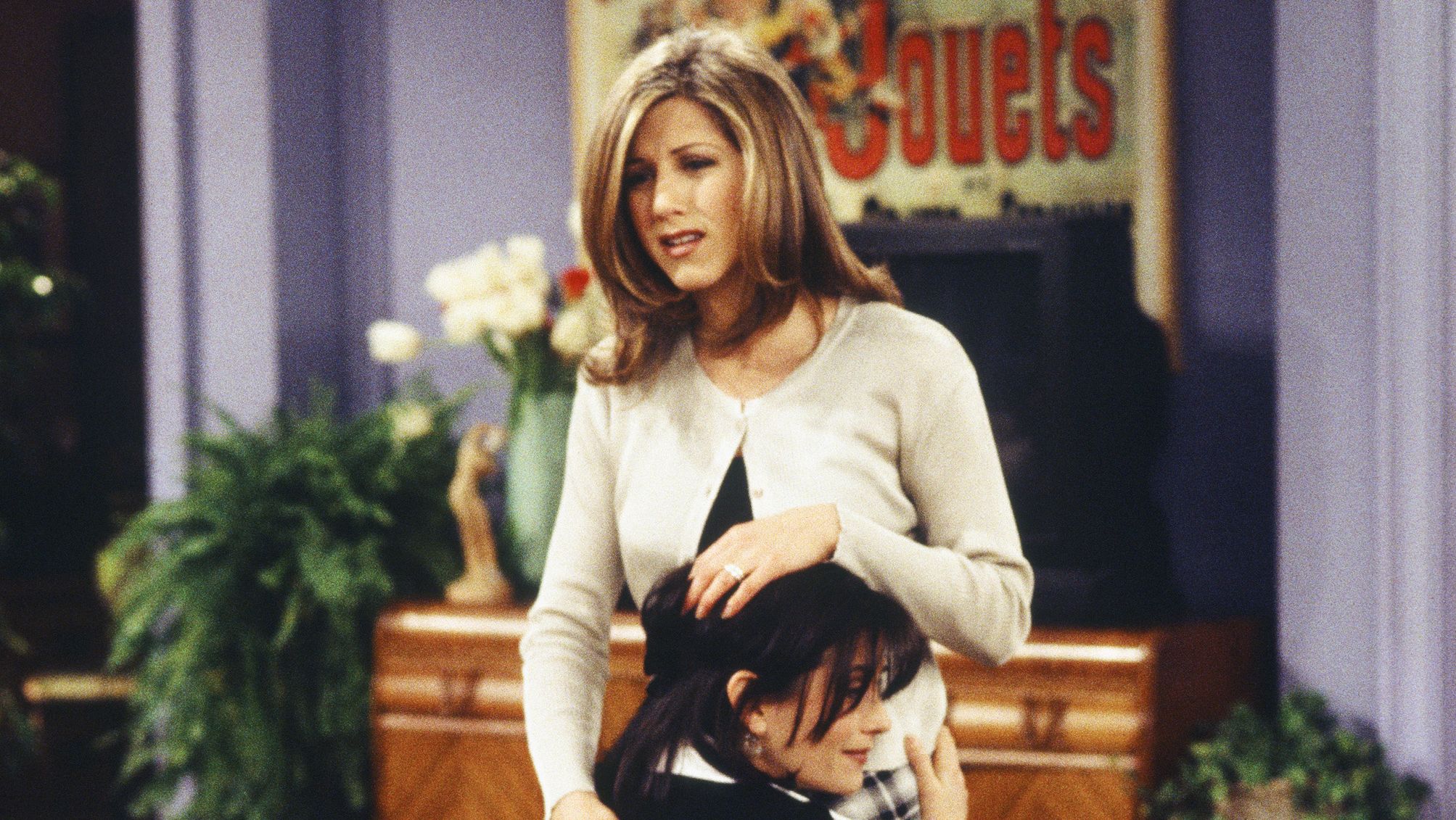What to Do If You're an Introvert and He's Not
Our resident psychiatrist Samantha Boardman on how couples with different personality types can find balance.

Q: I’m more antisocial than my partner. Is this a bad thing?
If your idea of the perfect evening is a quiet dinner at home and your partner’s ideal night is hanging out at a crowded bar, all is not lost. Compromise is obviously important, but as strange as this might sound, sometimes the best way to find common ground is for each of you to give the other some space to do his or her own thing.
Respecting and encouraging each other’s interests is what psychologists call “autonomy support.” In other words, if your significant other loves to go to rock concerts but loud music is your worst nightmare, buy tickets for him or her to go with a friend. Having a strong emotional connection does not mean you need to do everything together. Privacy, boundaries, and a little bit of mystery go a long way.
As long as you are open about your preferences and mindful of each other’s needs, you can use your differences as an opportunity to grow as individuals and as a couple and not as a source of conflict or an excuse to shut down. This is not to say that you and your partner need to be totally independent. On the contrary, when you support each other’s autonomy, it will bring you closer together.
Dr. Samantha Boardman is a clinical instructor in psychiatry and an assistant attending psychiatrist at Weill Cornell Medical College in New York and the founder of positiveprescription.com.
This article originally appeared in the August 2018 issue of Marie Claire.
MORE FROM SAMANTHA BOARDMAN


Get exclusive access to fashion and beauty trends, hot-off-the-press celebrity news, and more.